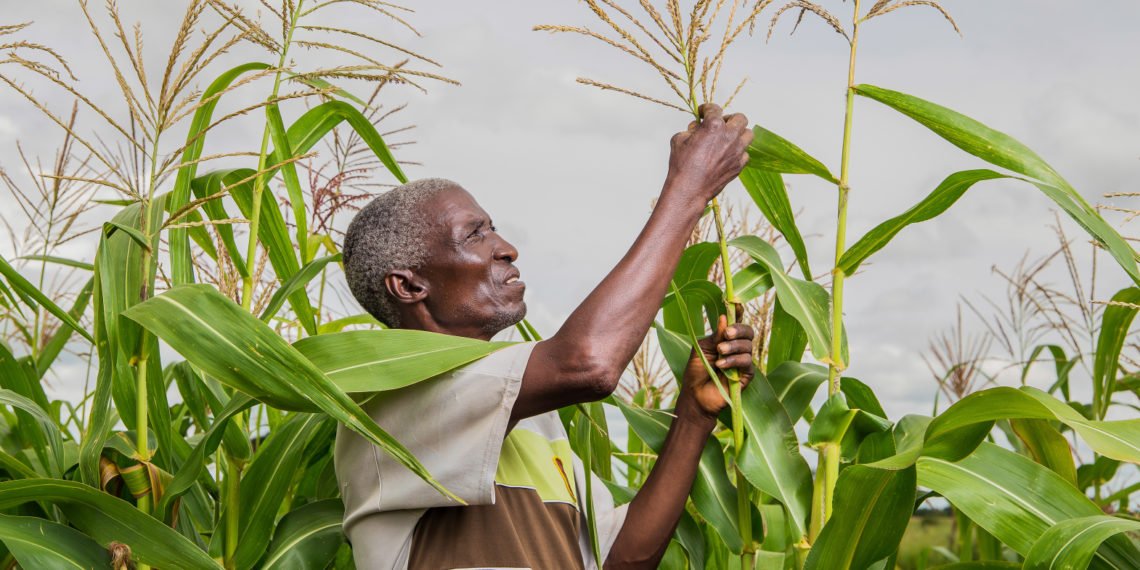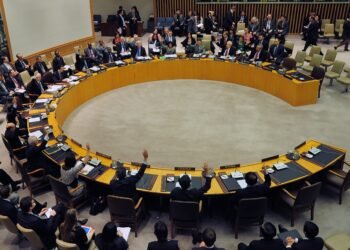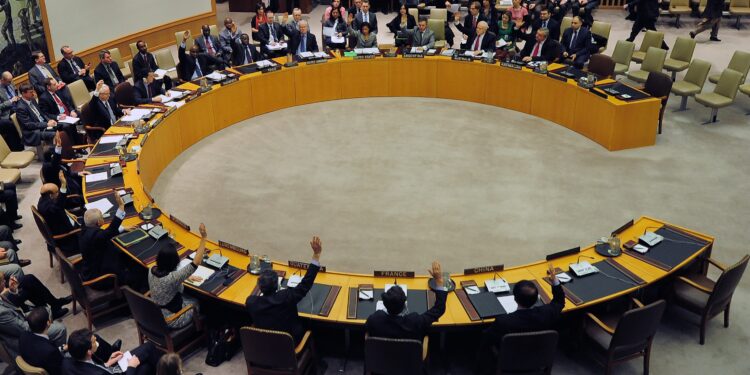The Ministry of Food and Agriculture (MoFA) will disburse $1.5 million to 5,000 farmers in selected regions to cushion them against COVID-19 related effects. This support is under the Cash Transfer for Emergency Support to Rural Livelihood and Food Systems Exposed to COVID-19 (ESRF).
Beneficiaries are from the North East, Northern, Savannah, Upper East and Upper West regions. Each beneficiary will receive GH¢1,641.60, the equivalent of $288 at an exchange rate of GH¢5.7 after deduction of expenses.
According to Dr Prosper Laari, nine districts with high levels of poverty, malnutrition and food insecurity has been targeted. The Binduri and Gushegu districts are the smallest and highest beneficiary districts respectively. Some 235 persons, representing five percent of the total number are from the Binduri district. Conversely, 1,171 persons, representing 23 percent of the total number are from Gushegu districts. The remaining beneficiary are from Yunyoo-Nasuan, North East Gonja, Bawku-West, Garu-Tempane, Lambussie-Karni, Wa East and Wa West districts. Totally, 19 percent of the beneficiaries represents female-headed households.
To clarify, the World Food Programme is providing funding for the programme. However, the Ghana National Household Registry (GNHR) under the Ministry of Gender, Children and Social Protection is the implementing agency. Dr Prosper Laari is the National Coordinator of the GNHR.
Mode of Payments
Dr Laari said beneficiaries will receive the transfer through their registered mobile money wallets.
Furthermore, he noted that the intervention is a new strategy to help the beneficiaries survive the impact of the pandemic. Specifically, to reduce poverty by smoothening consumption and promoting human capital development among extremely poor households in the country.
He explained that the eligibility criteria, were derived from the GNHR categorized data of extreme poor, poor and non-poor. All beneficiaries were drawn from the extreme poor category who had already been profiled using a proxy means test.
further called for a stakeholder engagement to set up a single national register to guide the rollout of intervention programmes in the country. He said a single national register would serve as a database for the selecting beneficiaries for all social protection programmes. Also, it will improve the effectiveness and efficiency of social protection programme delivery, he added.
“Since the outbreak of the pandemic, the GNHR.. had collected data to help in the implementation of social intervention programmes for the poor and vulnerable in the country.”
Dr Prosper Laari, National Coordinator of the GNHR.
WFP’s Assistance to the Extremely Poor
The WFP Country Director, Ms Rukia Yacoub, said following the outbreak of the COVID-19 pandemic, WFP has extended assistance to the government’s social protection programme to help the extremely poor recover from any negative impact of the pandemic on their livelihoods.
According to her, the WFP was concerned about the millions of people already prone to food insecurity and malnutrition, and who has further slipped down the poverty line as a result of the pandemic.
She said her outfit was working with governments globally to strengthen and expand social protection programmes to address and sustain food production, trade distribution and consumption. Thus, supporting national health systems with improved supply chains and nutrition services for the most vulnerable.
Commendation
The Acting Chief Director of MoFA, Mr Robert Patrick Ankobia, said the ESRF will extend support to extremely vulnerable households for a period of three to four months. He commended the WFP for the gesture urged beneficiaries of the programme to make good use of the support to improve their lives.
Read also: Ghana: Government’s slow fiscal consolidation path has slippage risks- Fitch Ratings




















